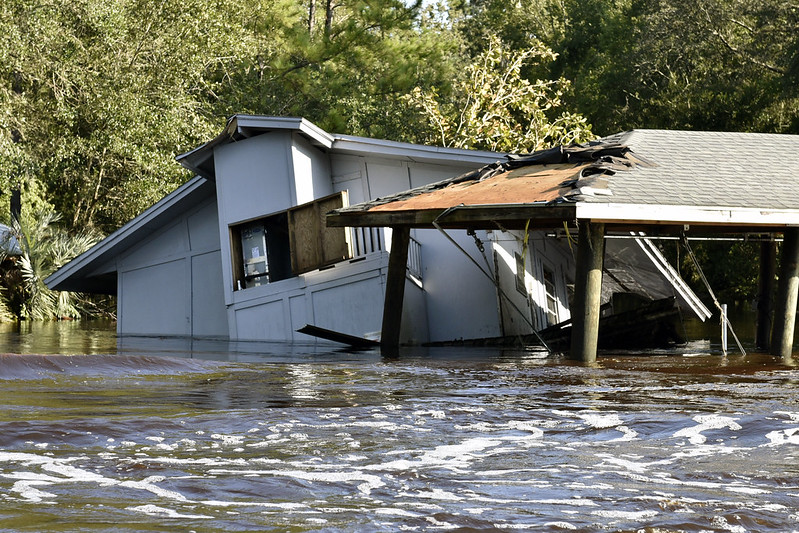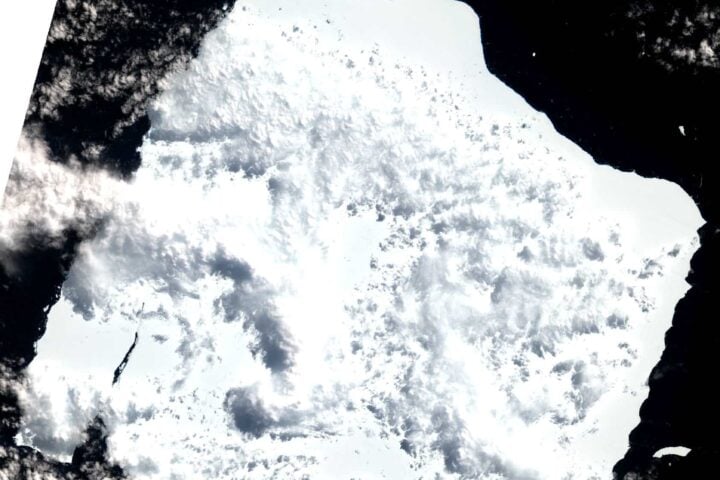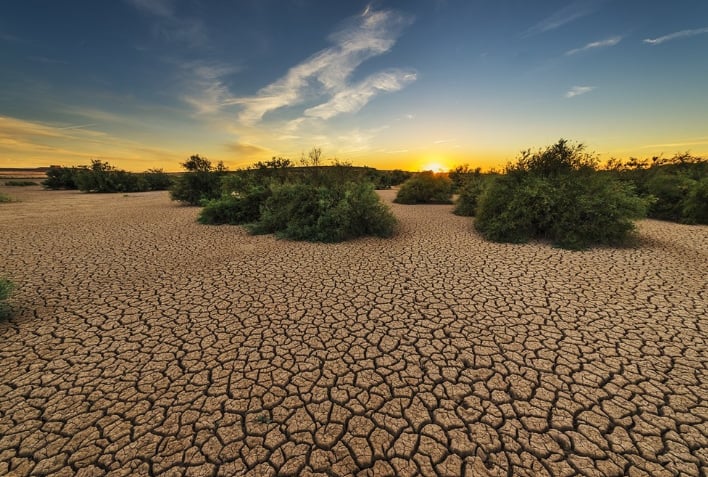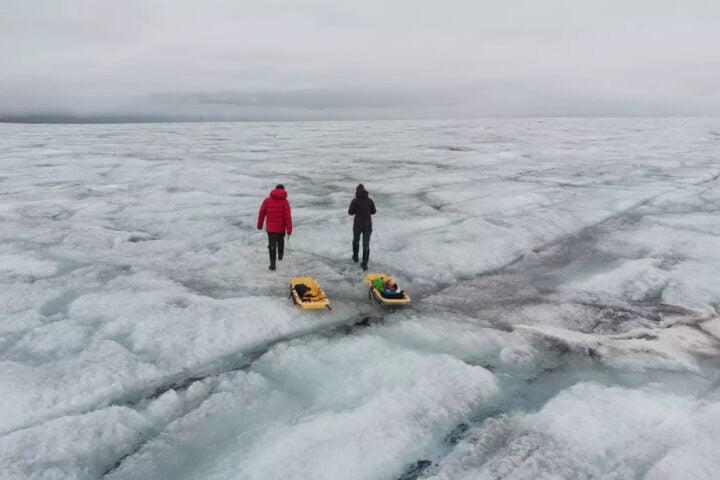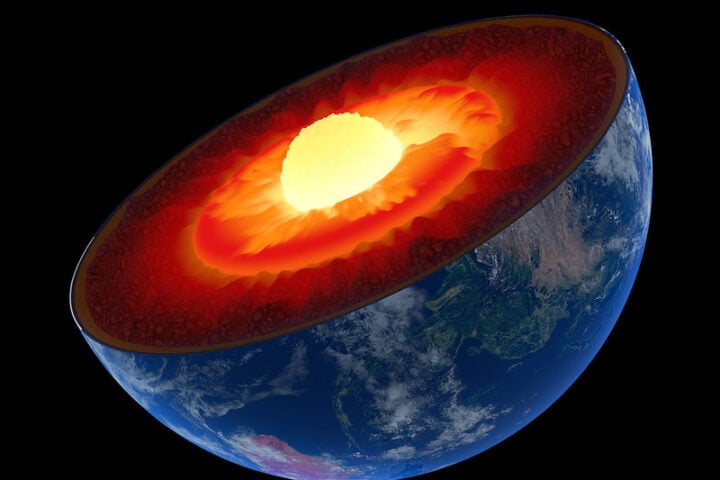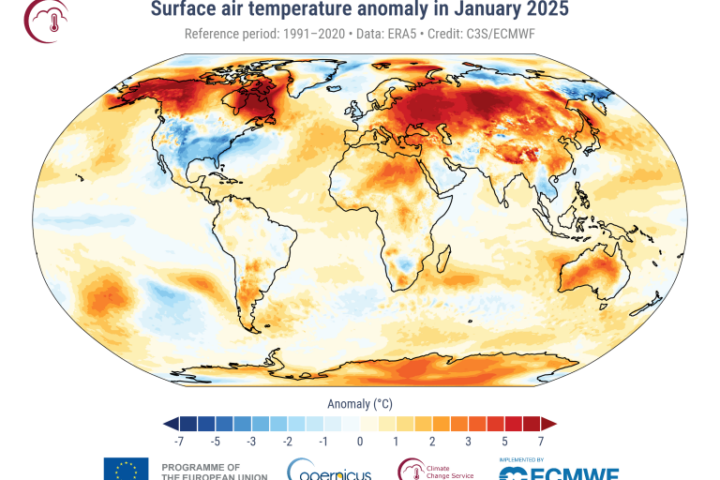Your home’s value could drop significantly over the next 30 years due to climate change. A new study shows U.S. house prices could fall by $1.5 trillion as severe weather becomes more common.
Insurance costs are already jumping up much faster than mortgage payments. Take Miami, where home insurance costs have risen by 322%. Insurance as a percentage of mortgage payments has doubled from 7-8% to more than 20%. Similar increases are hitting other cities – Jacksonville’s rates are up 226%, Tampa’s by 213%.
“We’re seeing real changes in the housing market right now,” says Jeremy Porter from First Street Foundation, who led the study. “It’s not something that might happen in the future – it’s happening today.”
The problem is most severe in states with high natural disaster costs. Florida, Texas, and California have dealt with $1.1 trillion in weather damage since 1980. That’s almost half of all U.S. weather damage costs.
These rising costs are pushing people to move. More than 5 million Americans will move in 2025 to places with lower weather risks. By 2055, that number could reach 55 million people. When people move away, house prices fall even more in the areas they leave.
Similar Posts
Insurance costs will keep going up. By 2055, the average homeowner might pay 29.4% more for insurance. Some neighborhoods will be hit harder than others – the study found 70,026 neighborhoods will see house prices drop.
But not every area will lose value. Houses in some northern states like Montana and Wisconsin might actually become worth more. These places face fewer weather risks, making them more attractive to buyers.

Recent events show why this matters. Look at Los Angeles, where recent wildfires forced tens of thousands to leave their homes. The damage could cost insurance companies up to $30 billion. As these disasters become more common, insurance gets more expensive, making it harder for homeowners to afford coverage in high-risk areas.
This affects more than just house prices. When people move away, communities collect less in property tax revenues, affecting local government budgets and essential services.
